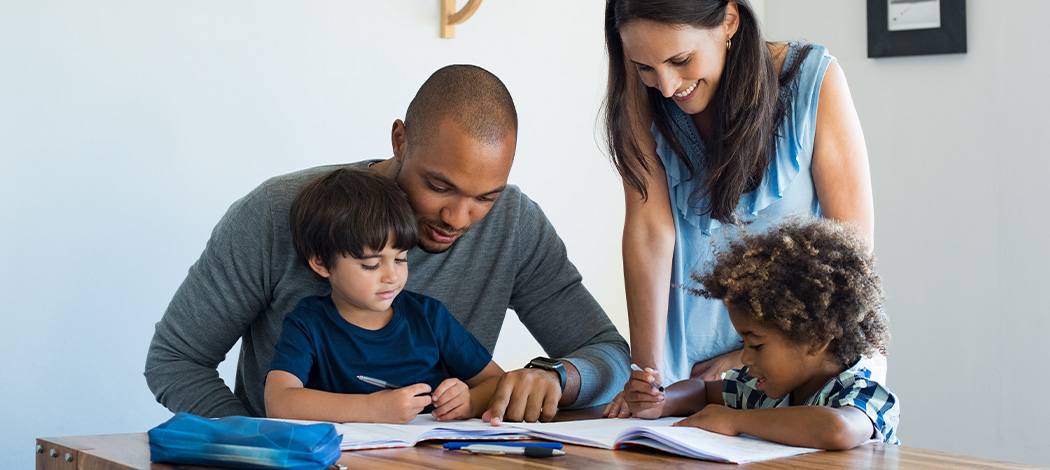
“Never do for a child what a child can do for themselves.” – Dr. Rudolf Dreikers, Founder of the Institute of Adlerian Psychology
Alfred Adler was an Austrian physician and psychotherapist who believed a positive discipline style of parenting encourages a child’s problem-solving skills. Alyson Schafer is a third-generation parenting educator with a busy counseling practice in Toronto, Canada. She has seen first-hand how parenting has changed since she obtained her Masters in Counseling from the Adler School of Chicago, over 20 years ago.
“I think that that one of the biggest modern issues [is that] we’re far more fearful that our kids are somehow not going to have what it takes to make it,” says the family counselor and bestselling author of Breaking the Good Mom Myth, Honey I Wrecked the Kids, and Ain’t Misbehavin’.
Unfortunately, this need to do everything for our children on a daily basis while trying to protect them from disappointment and mistakes is causing kids (and parents) to become more anxious. “There’s so much [focus on] achievement and judgment and correction that it’s not a safe environment for kids to be [learners in their] homes.”
It’s never too early (or too late) to teach your child to build resiliency skills.
And it all starts in preschool, says Schafer. “Your private logic is pretty much established by five. So those preschool years are really, really important.” It starts with teaching our kids to cut their own toast, tie their own shoes, giving them the courage to make mistakes and learn from them.
Schafer says that while it’s best for parents to start this approach as early as possible, it’s never too late for your children to learn to do things for themselves.
“We have to look for the opportunities and then put in the time. It might take a month to teach them how to get their lunches together, but then look at how much time you just got back,” she says. “So pay attention. If you’ve got a kid who’s criticizing you, ‘I don’t like what you put in my lunch’, ‘why did you forget my hockey bag?’, these are all telltale signs that children need to be looking after themselves [instead of] blaming you for mistakes that are actually their own responsibility.”
We need to really lighten up.
Many think that the hardest phase of parenting will be the teen years. According to Schafer, the tween phase is the most “miserable”. “We’re not expecting to have to deal with a 9-year-old who’s swearing or a 13-year-old who’s drunk and all these issues that we can’t believe are coming up so soon…We just can’t keep pace with their exploding development.” During this time, it’s important for parents to take a step back and remember that this is likely not the final version of your child.
“[At this age], we’re all trying on personas and figuring out our identity,” says Schafer. “You don’t know how they’re going to land at the other end of this. [It’s important] that you love them unconditionally and stand in the wonderment instead of the intensity of it. We need to really lighten up.”
Your number one parenting tool is to give your kids agency.
When our kids reach the teen years, this is a time when parents need to be influencing, rather than controlling, says Schafer. “It’s your number one parenting tool. We have to really put the fear aside and give them some agency that allows [them] to be a stakeholder in their life”.